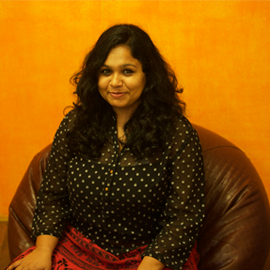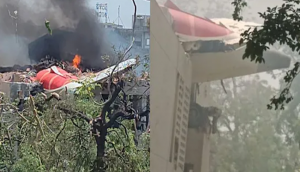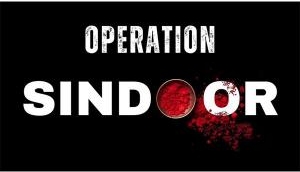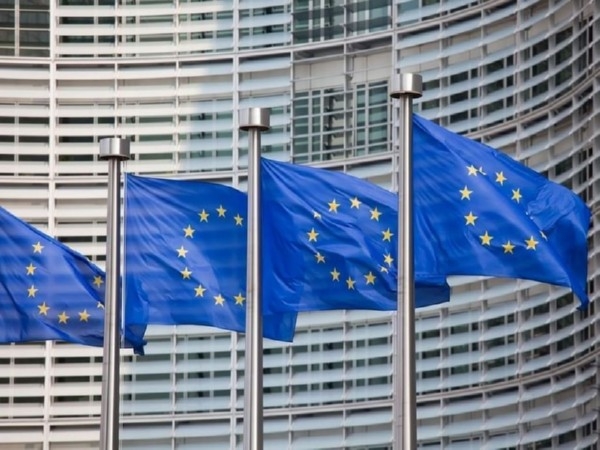
Two terror attacks back to back on Indian soil, first in Gurdaspur, Punjab, then in Udhampur, Jammu and Kashmir. Unstoppable ceasefire violations, civilian casualties on the border. Nothing, apparently, could stop the India-Pakistan National Security Advisers' level talk scheduled for 23-24 August.
However, just like last year, Pakistan's decision to involve Kashmiri separatists, whom they consider a major stakeholder in all talks with India, has put the talks under a cloud of uncertainty.
Who are these separatists and why are they a flashpoint in the Indo-Pak talks?
Syed Ali Shah Geelani
Chairman of All Party Hurriyat Conference and founder of Tehreek-e-Hurriyat. A proponent of azadi for Kashmir, Geelani is seen as one of the most pro-Pakistani separatist leaders. His Twitter timeline is packed with news reports about what Pakistan is doing about Kashmir's cause. In an interview to Dawn in 2013, he openly sided with Pakistan on the issue of Kashmir.
He said: "At the time of the partition in 1947, we had 85 per cent Muslim population in the whole of Jammu and Kashmir. Not only do we share boundaries with Pakistan but we also relate to Pakistan so far as our geographical, cultural and religious affiliations are concerned. Now, why am I also open to the idea of independent Kashmir? As a leader, I can't reject the voice of the people."
Recently the 86-year old was issued an Indian passport on humanitarian grounds, sparking protests from BJP that the leader should be given a passport only if he apologised for making anti-India comments. He was issued the passport after he filled the nationality column as "Indian". He needed the passport to visit his ailing daughter in Saudi Arabia.
However, he later clarified: "I am not by birth Indian. Travelling on the Indian passport is a compulsion of every Kashmiri."
Mirwaiz Umar Farooq
Leader of the moderate faction of Hurriyat. Farooq believes that talks between India and Pakistan should always be held keeping in mind the aspirations of Kashmiris. As a teenager, Farooq had united 23 Kashmiri and pro-Pakistani organisations under the aegis of the All Parties Hurriyat Conference. This was right after the death of his father, Mirwaiz Maulvi Farooq, the leader of Awami Action Committee.
While members of the APHC are divided on whether they favoured unification with Pakistan or freedom for Kashmir, Farooq's stance on the Kashmir issue is that Kashmiris have the right to self-determination.
Yasin Malik
Chairman of Jammu and Kashmir Liberation Front. He advocates the independence of Kashmir, signifying that Kashmir should be part of neither Pakistan nor India. He took up arms during the peak of militancy in Kashmir, but surrendered in 1995 and since then has used non-violent protests and hunger strikes to fight for his cause.
Regarding the current talks, Malik will skip the meeting with the Pakistani NSA and send a two-member delegation representing JKLF instead.
Shabir Ahmad Shah
Founder of Jammu and Kashmir Democratic Freedom Party (JKDFP), he has becomethe face of the separatists' resolve to hold talks with Pakistan. A defiant Shah left for Delhi to meet the Pakistani NSA. However, latest reports suggest that he was detained at the airport and will sent back to Srinagar.
Shah's JKDFP advocates the right of self-determination for Kashmiris. He has spent most of his life going in and out of jail. He shot into prominence after he opposed the signing of the accord between then Indian Prime Minister Indira Gandhi and Sheikh Muhammad Abdullah in 1975. He was arrested and tortured in notorious interrogation centres such as Red-Sixteen and Bagh-i-Mehtab in Srinagar. He came into prominence again during the Quit Kashmir Movement when there were massive demonstrations to oppose his arrests.








![BJP's Kapil Mishra recreates Shankar Mahadevan’s ‘Breathless’ song to highlight Delhi pollution [WATCH] BJP's Kapil Mishra recreates Shankar Mahadevan’s ‘Breathless’ song to highlight Delhi pollution [WATCH]](https://images.catchnews.com/upload/2022/11/03/kapil-mishra_240884_300x172.png)

![Anupam Kher shares pictures of his toned body on 67th birthday [MUST SEE] Anupam Kher shares pictures of his toned body on 67th birthday [MUST SEE]](https://images.catchnews.com/upload/2022/03/07/Anupam_kher_231145_300x172.jpg)






